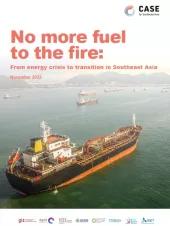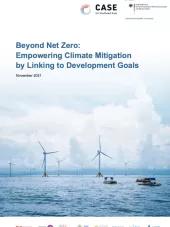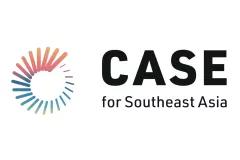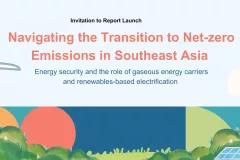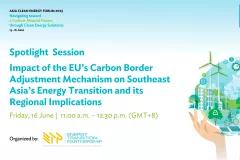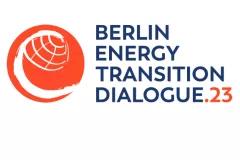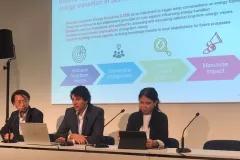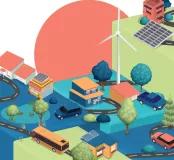Several countries in Southeast Asia have committed to achieving carbon neutrality and net-zero emissions by 2050 or shortly thereafter. Achieving these goals requires a fundamental transformation of economies, shifting away from fossil fuel production and consumption.
Governments need to translate their long-term visions into detailed plans, implement policies and programmes, and monitor and assess progress. Monitoring, reporting, and evaluation processes - referred to as a monitoring framework - play a key role in ensuring that long-term climate goals are met. Such frameworks can help to identify early signs of change and enable timely, targeted policy adjustments for corrective action.
Despite the growing number of net-zero commitments, there is currently no comprehensive study compiling good-practice examples of monitoring frameworks for climate targets and energy transitions. This study, published under the CASE project, seeks to fill that gap by providing an in-depth analysis of monitoring frameworks in six countries - the UK, the EU, Germany, the US, Japan and South Korea. By examining these cases, this report aims to provide valuable insights for Southeast Asian countries as they develop their own monitoring frameworks, tailored to local contexts and needs.
For each case study we examined (1) the climate governance framework, (2) climate and energy targets, (3) monitoring, reporting, and evaluation processes, and (4) compliance mechanisms related to achieving targets.
Recommendations for policy makers:
- Provide a legal basis for climate targets by enshrining them in law.
- Consider creating an independent body with the mandate to provide impartial scientific advice.
- Review what other countries are doing to set and achieve their climate targets.
- Tailor goal-based monitoring frameworks to the country context.





